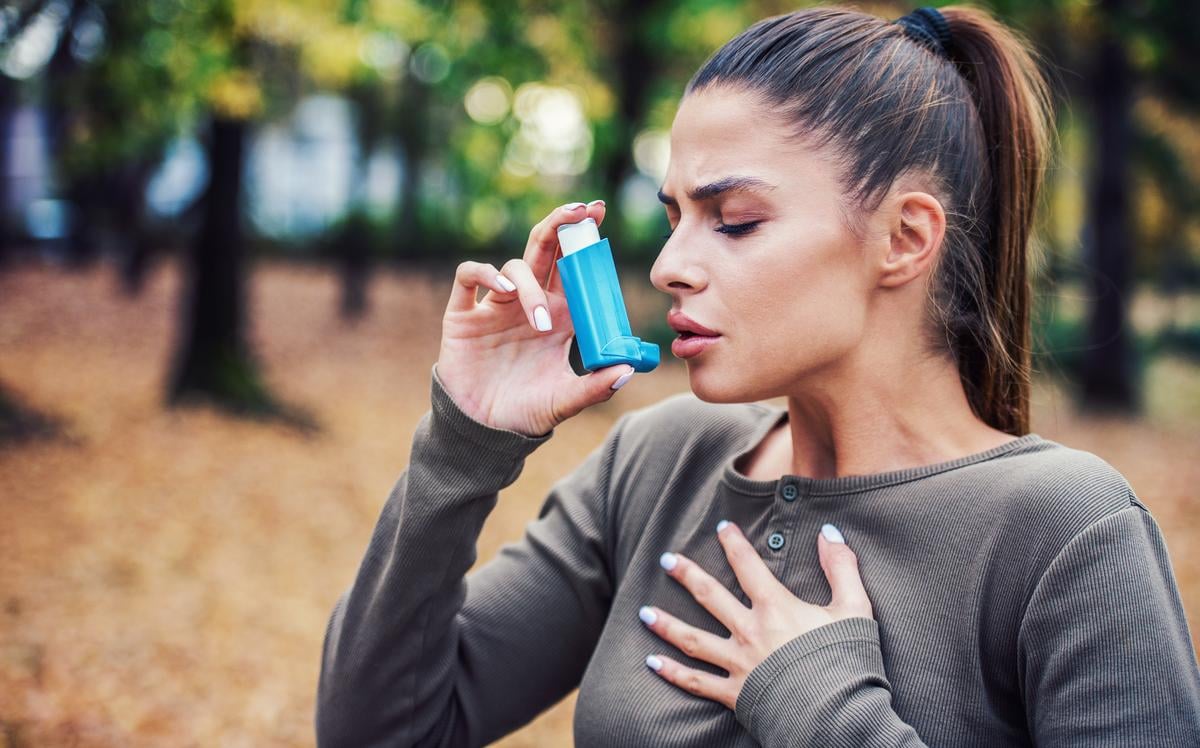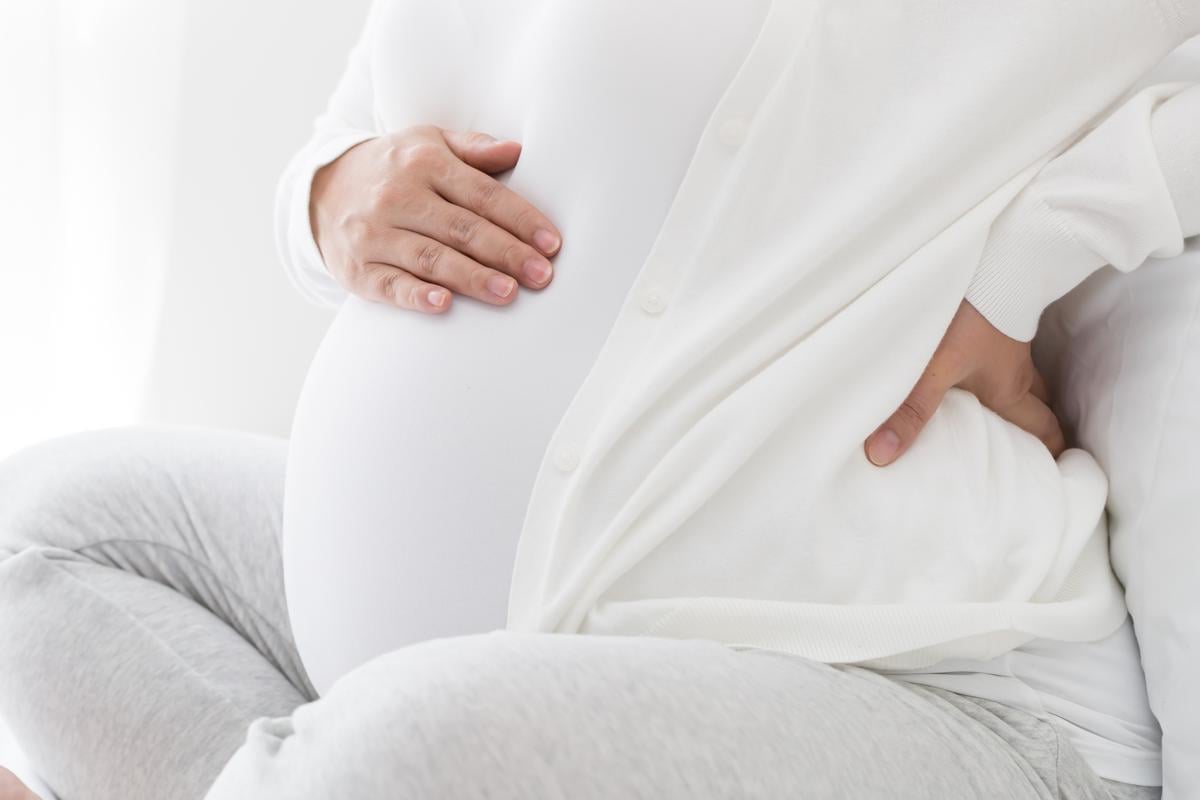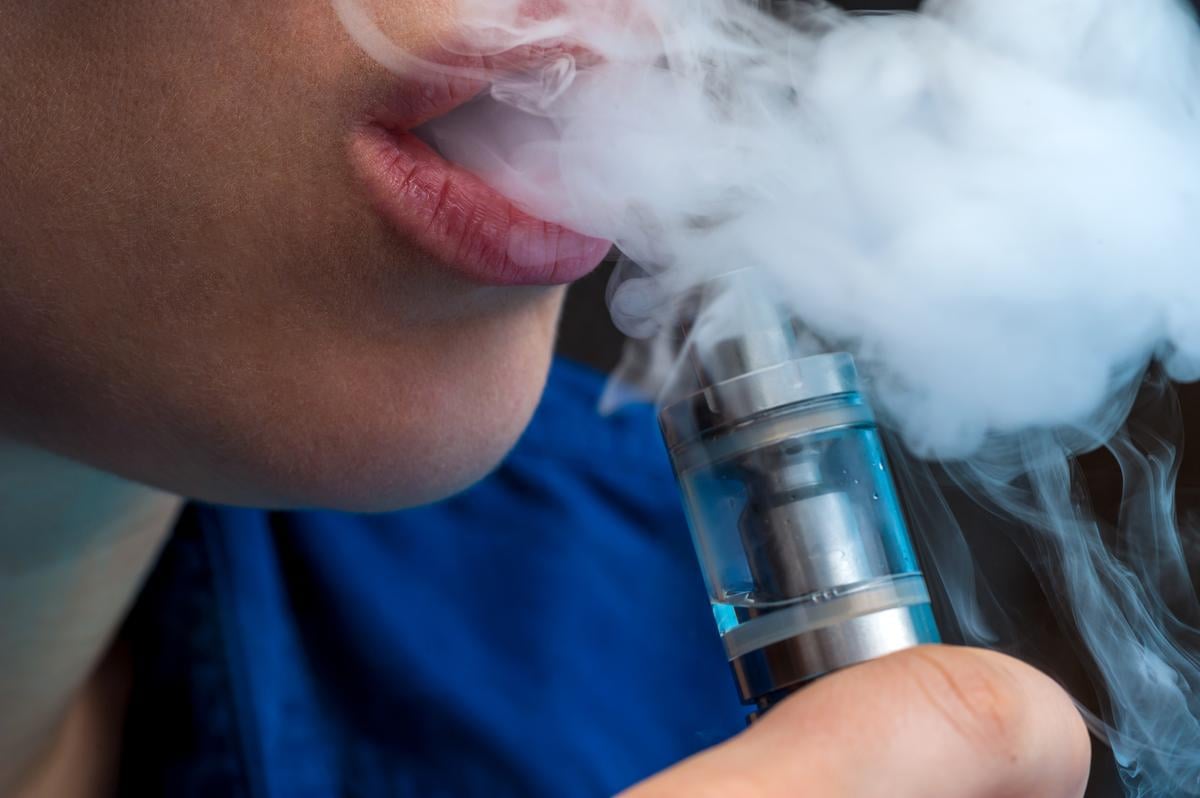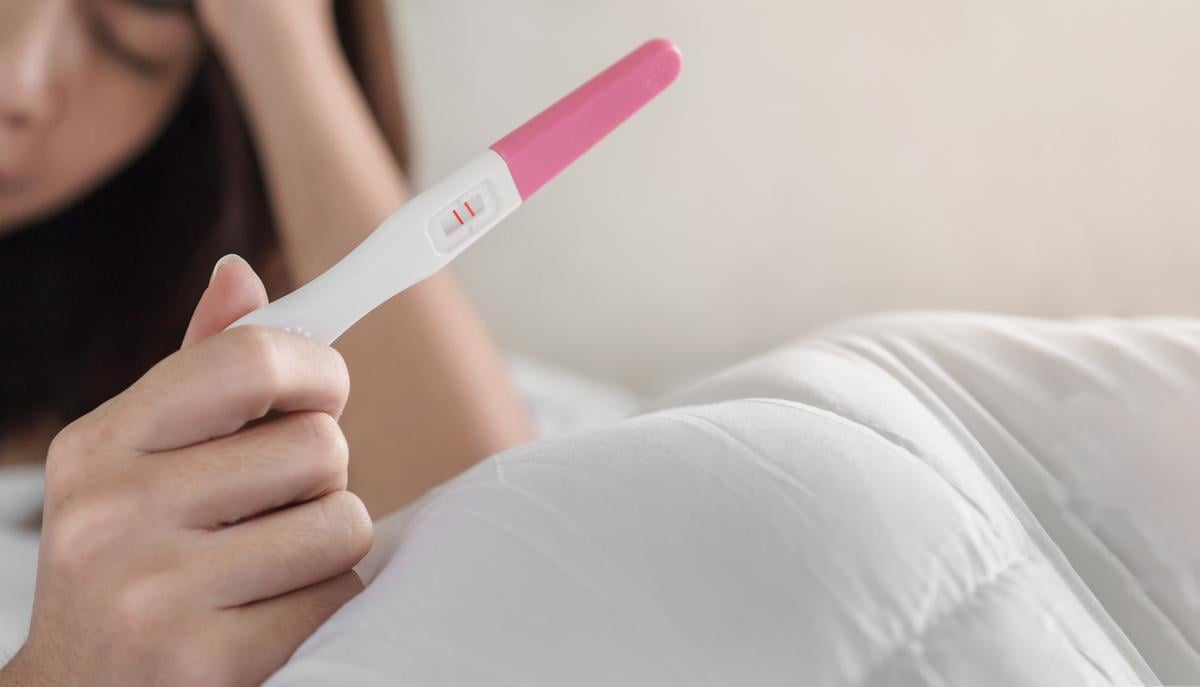
It’s natural for a parent to want to protect their children and keep them from harm. But sometimes this understandable desire crosses over into “helicopter parenting,” an overbearing need to be part of a child’s every decision and dilemma. “A helicopter parent is often fueled by anxiety, and that anxiety can come in different flavors:… read on > read on >






























